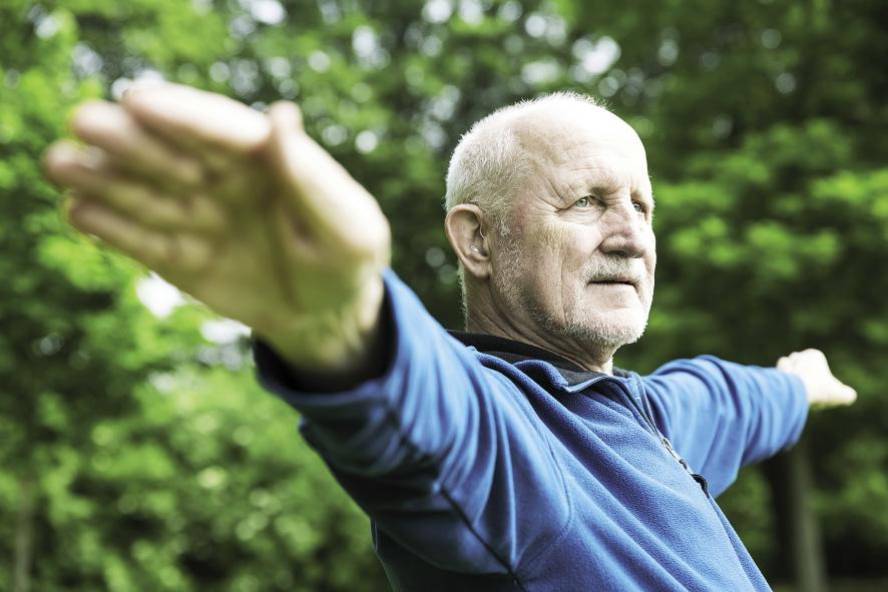Physical exercise slows down the development of Alzheimer's, even in those at genetic risk

Studies analyzing the relationship between a protein related to Alzheimer's risk (ApoE4) and exercise have concluded that exercise has a protective effect that delays the onset of symptoms in people at genetic risk.
The research has been published in the journal Alzheimer Research & Therapy. According to researchers, physical exercise has been shown to help prevent some diseases or slow down their development, such as Alzheimer’s. However, it was not clear whether it also affected people at genetic risk. To clarify this, they have carried out a comprehensive analysis of the research carried out and integrated it into a theoretical model.
Specifically, the influence of physical exercise and the ApoE4 gene, individually and jointly, on the molecular mechanisms related to Alzheimer's disease, such as the storage of amyloid and tetanus proteins, neuronal resilience and neurogenesis, lipid function and cerebrovascular alterations, brain immune response, glucose metabolism…
The combination of all these factors and results has led to the conclusion that exercise benefits all people, regardless of their genetic risk or not. They suggest that the protective mechanism may be different in both, but consider that it would be convenient to take into account exercise in the treatment. In addition, some significant aspects have been identified on which future research is desirable.





